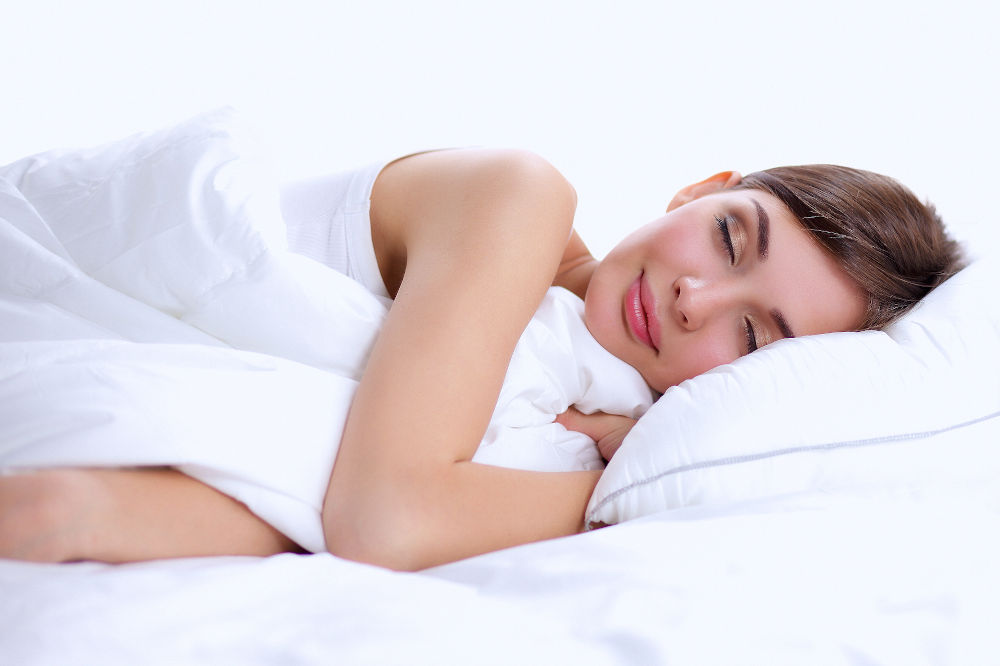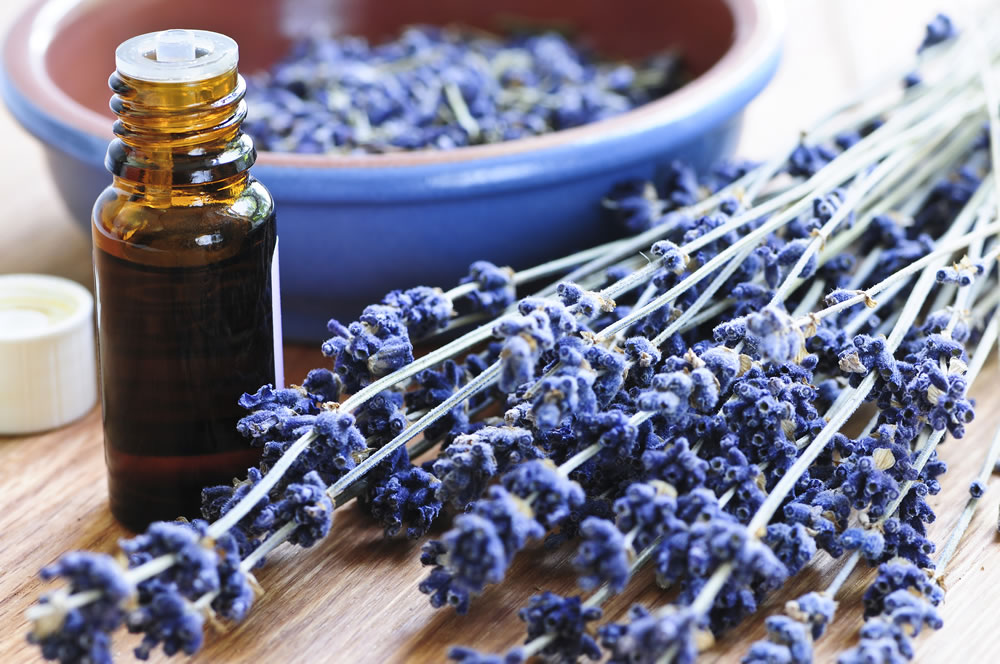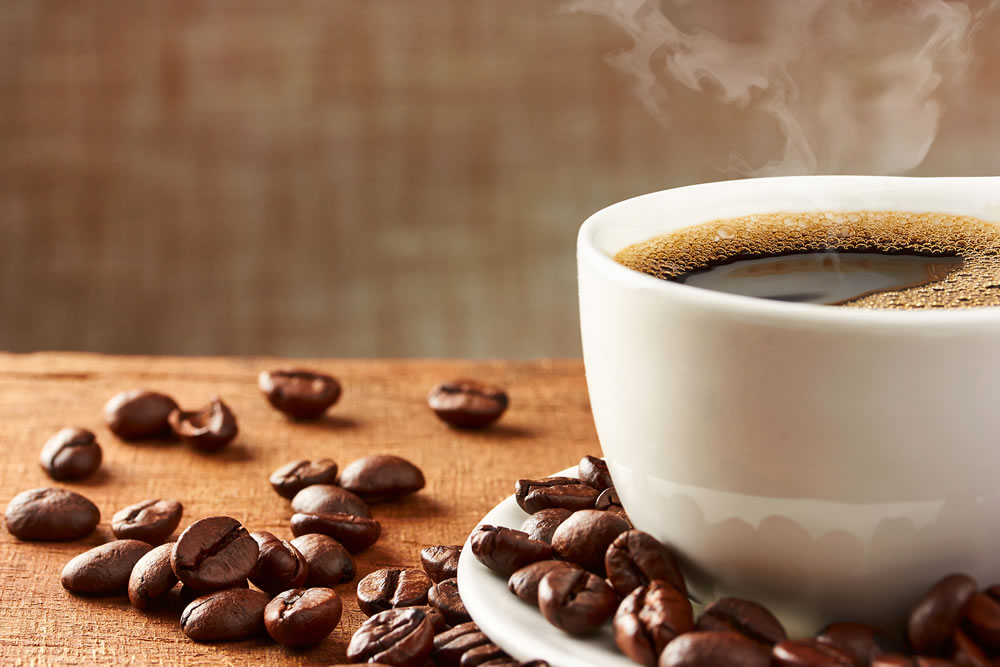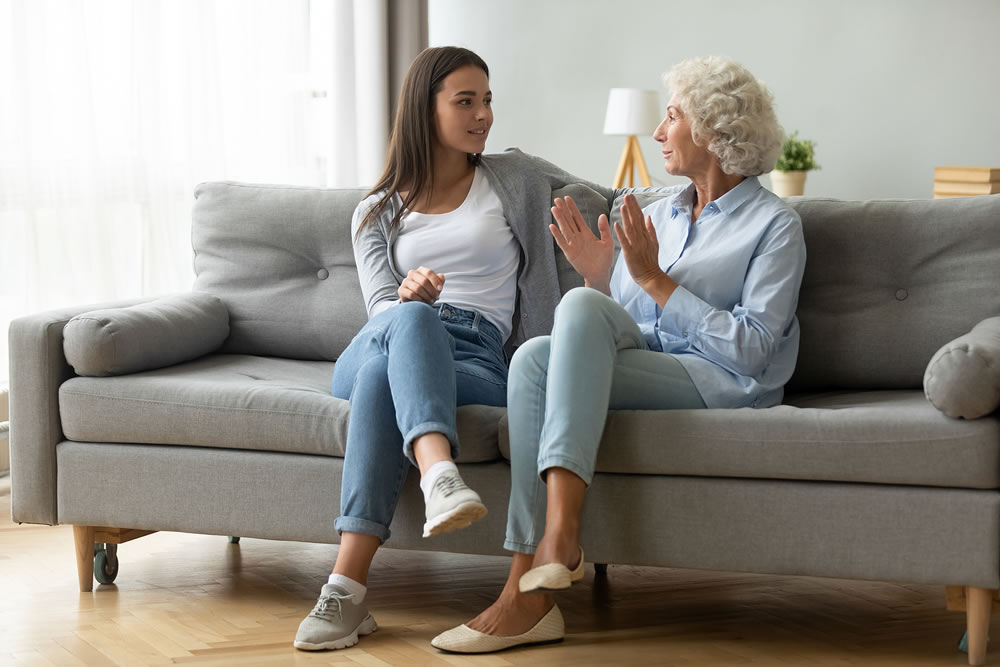Whichever way you slice it, it’s fair to say that 2020 hasn’t been the easiest of years, and as the Covid-19 pandemic continues, more people are reporting feelings of stress and anxiety than ever before.
In a major study into mental health implications as a result of the pandemic, 57 per cent of participants reported symptoms of anxiety during the initial lockdown period in March of this year, with a staggering 64% admitting to identifying common signs of depression in themselves.
Although we now have an approved vaccine for the prevention of Covid-19, there is still some way to go before the pandemic comes to an end, and with many continuing to deal with stress and anxiety as we head towards a new year, how can sufferers find relief?
While the symptoms of both conditions can be many and varied from person to person, with each typically reporting a different experience of them, the good news is that whether your anxiety predated 2020, or the events of the year have taken a toll on your mental health, there are a number of ways you can manage the condition and the emotional and physical symptoms that come with it to get you back to feeling your best.
So, if you’re in need of a pick-me-up then here are some ways you can battle anxiety for a healthier, brighter you in 2021.
Regular and sound sleep

A good night’s sleep is essential to our overall health and well-being, but with a whopping 39 per cent of the UK population admitting they fail to get in a solid eight hours, it seems that, as a nation, we are sleep deprived.
The symptoms of anxiety can, ironically, make it even trickier to drift off at night, and to experience a restful slumber from which we wake up feeling refreshed and ready to face the day. Yet, the less we sleep, the more hypersensitive we tend to feel – and the less emotionally-equipped to deal with the stresses and strains that life might throw at us as a result.
Achieving a good night’s sleep might not be easy, but it’s important to prioritise your bedroom routine nonetheless, and to give yourself the best possible chance of drifting off. Reducing your late-night screen time, doubling down on pre-bedtime relaxation rituals such as a long hot bath or a little yoga and meditation, and seeking advice from your doctor will all help to ensure that your sleep is protected, putting you in the best possible position to cope with what life has to throw at you each day.
Essential oils

Essential oils such as lavender, bergamot, jasmine, vetiver and chamomile have long been touted as natural aids for improving sleeping patterns, calming the nerves and fighting anxiety and depression. So, if you’re yet to integrate them into your daily routine, then now might just be the time.
One of the most popular ways to use essential oils is through aromatherapy, which is the practice of inhaling the scents in order to improve your well-being. They can also be mixed with carrier oils and applied to skin for a potent and immediate effect, and one that will remain with you throughout the day.
Another highly effective option is a 30% CBD oil, which helps reduce anxiety the same way that marijuana does, but without its psychoactive effects. CBD oil is completely free of THC the compound that makes users of cannabis feel ‘high’ – and is completely legal, too. A few drops of a tincture under the tongue can work wonders to comfort and reassure, while there are also a range of topical treatments to experiment with to find out what works best for you.
Limit alcohol and caffeine

While caffeine and alcohol are often the first things we turn to in times of low energy, low mood, stress and anxiety, that extra cup of coffee or evening glass of wine could actually be doing you more harm than good.
Both caffeine and alcohol tend to aggravate anxiety and can sometimes be a trigger for panic attacks. Caffeine, in particular, is a stimulant and can trigger the body’s natural ‘fight-or-flight’ response, so sufferers should keep their consumption to a minimum – while depressant alcohol can exacerbate low mood and magnify unpleasant feelings, making it also a crutch that is best avoided.
So, what exactly should you be drinking instead? A cup of chamomile tea is a good start. Recent clinical and laboratory research has reported that chamomile is not only relaxing but can also significantly reduce anxiety and even fight depression – and a cup before bed can help you to sleep more soundly, too.
Talk to someone

The idea of talking to someone about your feelings might seem daunting, but often, it’s the best thing you can do to alleviate them. Booking an appointment with a counsellor can help you start to make sense of your symptoms and develop coping mechanisms – but even sitting down with a trusted friend or family member for a chat can offer a helpful release.
With a new year ahead of us, and everything to look forward to, stress and anxiety don’t have to rule your life. And, with a few simple tips and tricks, you can be feeling back to your best in no time, and ready to take on the world.






















